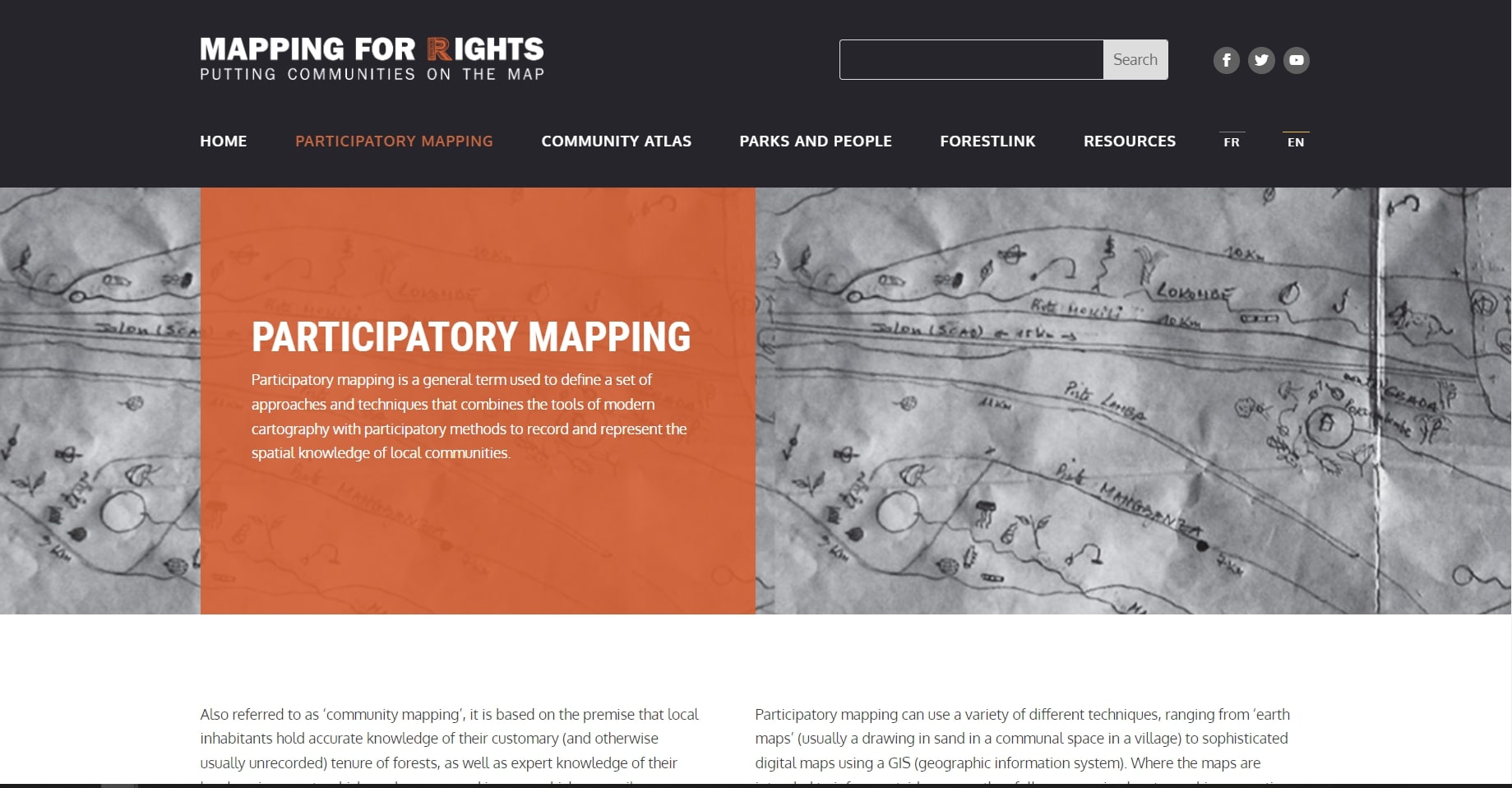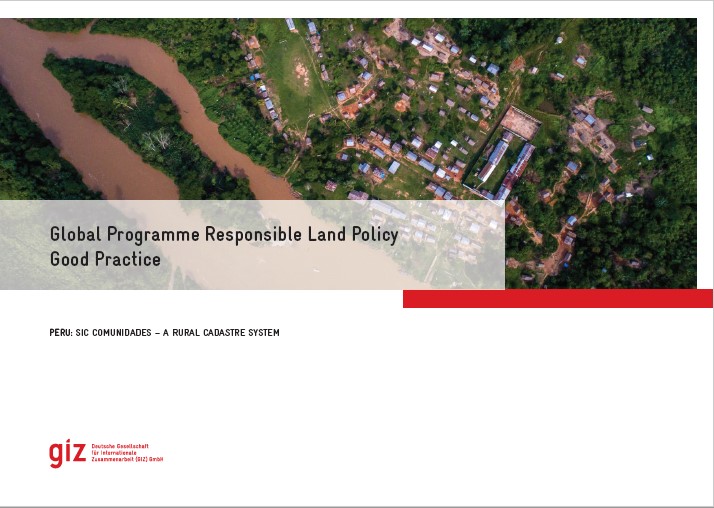De bodemgesteldheid van het ruilverkavelingsgebied Lopikerwaard - West
De bodemgesteldheid van het ruilverkavelingsgebied Delt - Oudeweer
Conflicting Maps: How Legal Perspectives Could Minimize Zoning Cancellation in Republic of Korea
The purpose of this paper is to propose legal and policy enhancements that may prevent the cancellation of the legal force of zoning due to discord with the Korean Land Use Regulation Map (LURM) and secure legal stability. The legal force of zoning has been canceled because of the discordance of the LURM with past cadastral maps, and this has led to confusion regarding zoning decisions and even the postponement and cancellation of public projects. Here, the causes of LURM discordance and legal cancellation of zoning were identified and evaluated through judicial precedents.
Mapping For Rights Initiative
MappingForRights, an initiative of the Rainforest Foundation UK and local partners, enables forest communities themselves to demonstrate their presence in the forest; decision-makers and the private sector to take account of and recognise this presence; and to assist the international community in ensuring that programmes concerned with the Congo Basin’s forests provide equitable benefits for local communities.
Good Practice
The Global Programme 'Responsible Land Policy' (GPRLP) is part of the Special Initiative 'One World, No Hunger' of the German Federal Ministry for Economic Cooperation and Development (BMZ), which aims to reduce extreme poverty and hunger.
In Peru, ProTierras Comunales (PTC), as part of the Global Programme, aims to improve the access to land and natural resources for native communities in the Peruvian Amazon, in the regions Ucayali and San Martín. A functional and regularly updated digital cadastre system was created to improve the land titling system.
A Paradigm Shift in Lending to Smallholder Farmers
A new report by Small Foundation and Palladium looks at the viability of geomapping as a tool to close the smallholder farmers’ financing gap and improve their livelihoods.
Land Grabbing for Palm Oil in Sierra Leone: Analysis of the SOCFIN Case from a Human Rights Perspective
A 16 minute documentary film developed by ESAFF Uganda detailing how small-scale farming communities in northern Uganda are using LSLBI tools to raise the awareness;especially of women;to engage with local leaders;produce resource maps;including scoping;negotiating;monitoring and implementation. The training also used drama. The aim is to empower farmers who engage with investors.
Why simple solutions won’t secure African women’s land rights
Report;through a cross-sectoral analysis of three recent case studies from sub-Saharan Africa;maps out the most effective tools and approaches for strengthening rural women’s voices in decision-making processes. The authors examine which are the key factors enabling or constraining rural women’s voices;what the main challenges are that practitioners should be aware of;and how projects can ensure rural women are able to participate in and influence decision making affecting their livelihoods.
Thailand-Cambodia Border Conflict: Sacred Sites and Political Fights
How can maps drawn over a century ago still lead to conflict between two countries? The Southeast Asian countries of Thailand and Cambodia are neighbors with a difficult history and a shared border. Their religious similarities have made sacred spaces along the border a divisive issue, with the sacred site of Preah Vihear a central point of controversy.
Spatial Analysis Of Land Disputes In The Ashanti Region
Context and Background: Land is an important resource for human survival as well as that of other living organisms. Despite its importance, there are many problems that come with its management. There are increasing controversies and disputes over the ownership, access, and use of land. This is due to the increase in land demand, owing to factors such as population growth, urbanization, and food security. Land disputes in the Ashanti Region have drastically escalated recently as a result of these factors.
Context and background:In current industrialized world, extremely increase of urbanization, Agriculture land expansion and climate change have led to increase of degradation of wetland in many basins and coastal area, which result to the malfunction of...
To Evaluate Future Wetland Degradation At Wami Ruvu River Basin From 2020 To 2050 Using Remote Sensing Imagery And Hybrid Ca- Markov Model







